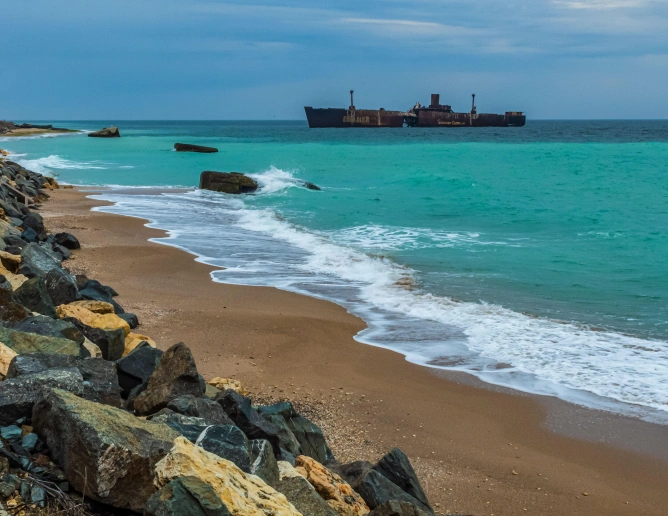4 September 20:29

Current Affairs
Credit: Andrii Mykhailyshyn / Alamy / Profimedia
At the end of summer, the Black Sea was invaded by tens of thousands of Rhizostoma pulmo jellyfish, a natural phenomenon that occurs due to warm waters. These jellyfish, which are not dangerous, can only cause stinging sensations. Veterinarians warn swimmers to wear goggles to avoid direct contact. Although they can be unpleasant, jellyfish do not affect the environment and are part of a normal biological cycle, but water warming could lead to an increase in their numbers in the future.
Sources

VIDEO Invazie de meduze pe litoral. Cât de periculoase sunt pentru turiști

Meduze uriașe în Portul Agigea (video)

Invazie de meduze în largul Mării Negre. Cum explică specialiştii fenomenul

Este invazie de meduze zilele acestea în largul Mării Negre. Cum explică specialiştii fenomenul

„Peștele nu mai are loc”. Litoralul românesc, invadat de meduze albastre. Specialiștii avertizează turiștii să nu le atingă








